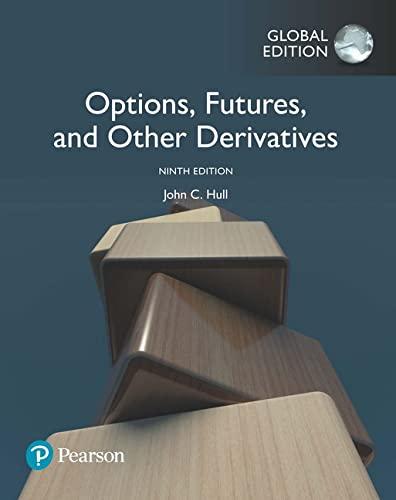Question
Access the AICPA's Code of Professional Conduct. Focusing on Section 100, ET Section 102 - Integrity and Objectivity choose two sub-sections of your choice, analyze
Access the AICPA's Code of Professional Conduct. Focusing on Section 100, ET Section 102 - Integrity and Objectivity choose two sub-sections of your choice, analyze their applicability to accounting practices today. Use the online Library databases to find information or an example that supports your analysis for each topic.
Can I please have an original answer
0.300.040 Integrity
.01 Integrity principle. To maintain and broaden public confidence, members should perform all professional responsibilities with the highest sense of integrity. .02 Integrity is an element of character fundamental to professional recognition. It is the quality from which the public trust derives and the benchmark against which a member must ultimately test all decisions. .03 Integrity requires a member to be, among other things, honest and candid within the constraints of client confidentiality. Service and the public trust should not be subordinated to personal gain and advantage. Integrity can accommodate the inadvertent error and honest difference of opinion; it cannot accommodate deceit or subordination of principle. .04 Integrity is measured in terms of what is right and just. In the absence of specific rules, standards, or guidance or in the face of conflicting opinions, a member should test decisions and deeds by asking: Am I doing what a person of integrity would do? Have I retained my integrity? Integrity requires a member to observe both the form and the spirit of technical and ethical standards; circumvention of those standards constitutes subordination of judgment. .05 Integrity also requires a member to observe the principles of objectivity and independence and of due care. [Prior reference: ET section 54] 0.300.050
Objectivity and Independence
.01 Objectivity and independence principle. A member should maintain objectivity and be free of conflicts of interest in discharging professional responsibilities. A member in public practice should be independent in fact and appearance when providing auditing and other attestation services. .02 Objectivity is a state of mind, a quality that lends value to a members services. It is a distinguishing feature of the profession. The principle of objectivity imposes the obligation to be impartial, intellectually honest, and free of conflicts of interest. Independence precludes relationships that may appear to impair a members objectivity in rendering attestation services. .03 Members often serve multiple interests in many different capacities and must demonstrate their objectivity in varying circumstances. Members in public practice render attest, tax, and management advisory services. Other members prepare financial statements in the employment of others, perform internal auditing services, and serve in financial and management capacities in industry, education, and government. They also educate and train those who aspire to admission into the profession. Regardless of service or capacity, members should protect the integrity of their work, maintain objectivity, and avoid any subordination of their judgment. .04 For a member in public practice, the maintenance of objectivity and independence requires a continuing assessment of client relationships and public responsibility. Such a member who provides auditing and other attestation services should be independent in fact and appearance. In providing all other services, a member should maintain objectivity and avoid conflicts of interest. .05 Although members not in public practice cannot maintain the appearance of independence, they nevertheless have the responsibility to maintain objectivity in rendering professional services. Members employed by others to prepare financial statements or to perform auditing, tax, or consulting services are charged with the same responsibility for objectivity as members in public practice and must be scrupulous in their application of generally accepted accounting principles and candid in all their dealings with members in public practice. [Prior reference: ET section 55]
Step by Step Solution
There are 3 Steps involved in it
Step: 1

Get Instant Access to Expert-Tailored Solutions
See step-by-step solutions with expert insights and AI powered tools for academic success
Step: 2

Step: 3

Ace Your Homework with AI
Get the answers you need in no time with our AI-driven, step-by-step assistance
Get Started


